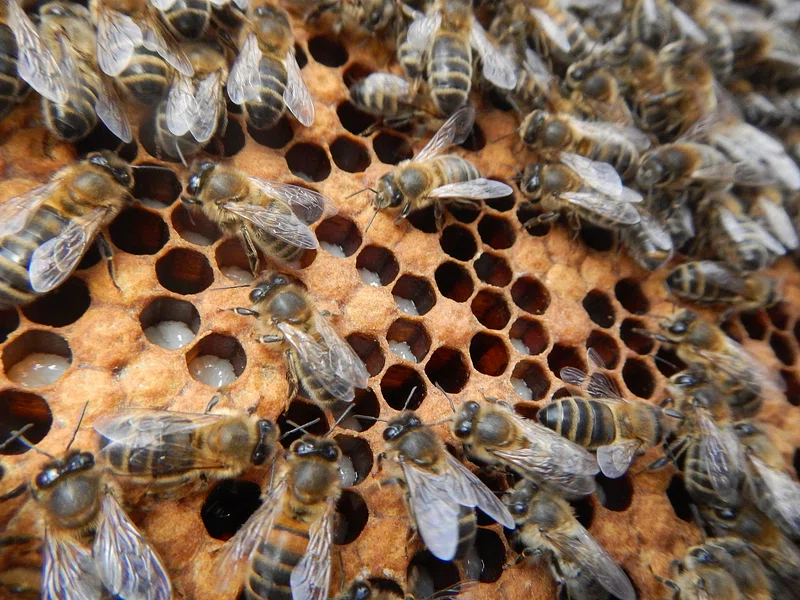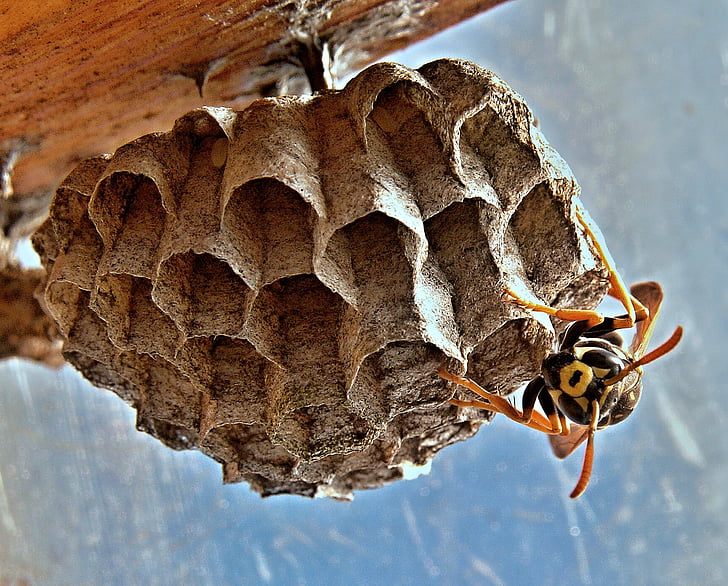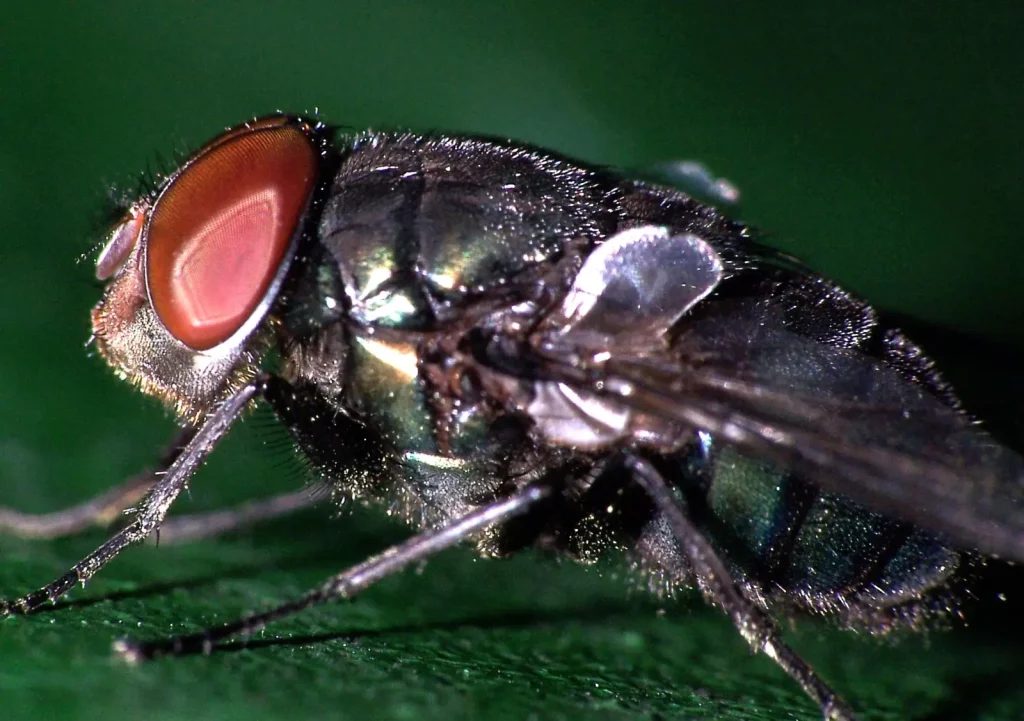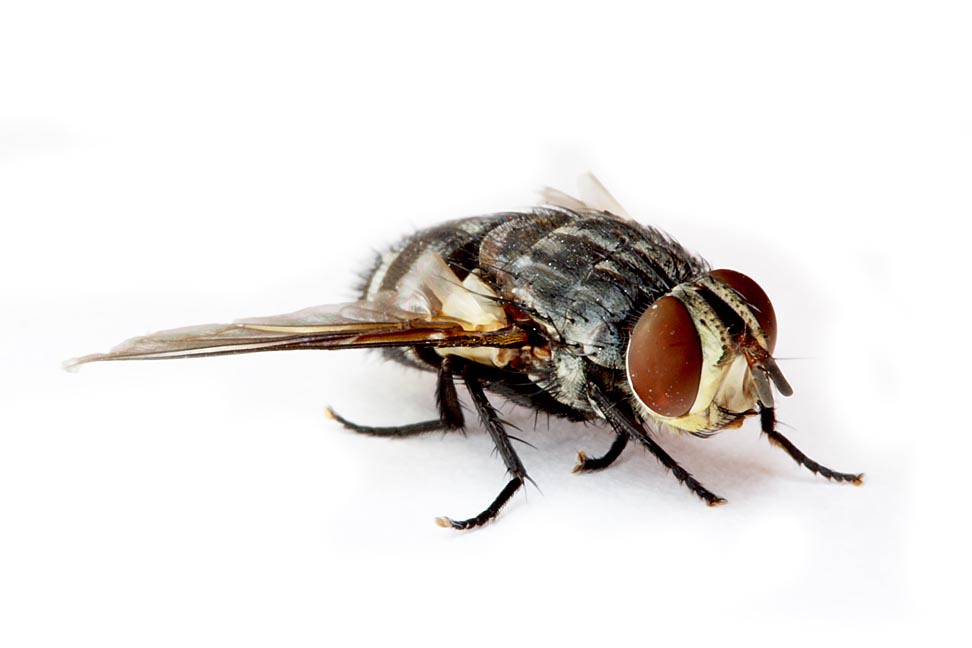Discovering a bumblebee nest near your home can be a bit concerning, especially if you’re unsure how to handle it. Bumblebees, unlike other stinging insects, are generally non-aggressive and play a important role in pollinating plants. However, understanding how to deal with a nearby nest safely is important for both your peace of mind and the wellbeing of the bees.
 It’s important to note that bumblebees are generally not aggressive unless provoked. Unlike wasps, which can sting multiple times, bumblebees will only sting if they feel their nest is in danger. Even so, their sting is not particularly dangerous unless someone is allergic.
It’s important to note that bumblebees are generally not aggressive unless provoked. Unlike wasps, which can sting multiple times, bumblebees will only sting if they feel their nest is in danger. Even so, their sting is not particularly dangerous unless someone is allergic.
 Avoid using pesticides or attempting to destroy the nest, as this can harm not only the bees but also the surrounding environment. Bumblebees are protected in many regions due to their critical role in pollination, and killing them should be a last resort.
Avoid using pesticides or attempting to destroy the nest, as this can harm not only the bees but also the surrounding environment. Bumblebees are protected in many regions due to their critical role in pollination, and killing them should be a last resort.
Understanding Bumblebees and Their Nests
Bumblebees are known for their fuzzy appearance and gentle nature. They usually create their nests in quiet, undisturbed areas like gardens, compost piles, or even under decks. These nests house a queen and her colony, which grows throughout the spring and summer months. By the time fall arrives, most of the bees in the colony die off, leaving only a few queens to hibernate and start new colonies next year. It’s important to note that bumblebees are generally not aggressive unless provoked. Unlike wasps, which can sting multiple times, bumblebees will only sting if they feel their nest is in danger. Even so, their sting is not particularly dangerous unless someone is allergic.
It’s important to note that bumblebees are generally not aggressive unless provoked. Unlike wasps, which can sting multiple times, bumblebees will only sting if they feel their nest is in danger. Even so, their sting is not particularly dangerous unless someone is allergic.
What to Do If You Find a Bumblebee Nest
If you’ve discovered a bumblebee nest near your home, the first thing to do is remain calm. These bees are crucial pollinators and contribute to a healthy ecosystem. Instead of panicking, consider the following steps:- Assess the location: Is the nest in a high-traffic area or somewhere where it won’t disturb daily life? If it’s tucked away in a quiet spot, such as a corner of the garden, it may be best to leave it alone. Bumblebee colonies are seasonal, so the bees will naturally leave once the season ends.
- Give the bees space: Bumblebees are not likely to sting unless they feel threatened. Keep a safe distance from the nest, especially if it’s in a place where pets or children might accidentally disturb it. If necessary, cordon off the area to prevent any accidental encounters.
- Don’t attempt to relocate it yourself: Bumblebee nests are delicate, and attempting to remove or relocate them on your own could lead to injury or death of the bees, or even cause them to become agitated. If the nest is in an inconvenient or dangerous spot, consider calling a professional pest control service or a local beekeeper for advice.
Misconceptions About Bumblebees
Many people fear bumblebees because they assume all bees are aggressive. However, this is a common misconception. Bumblebees are less aggressive compared to wasps or hornets, and they typically avoid confrontation. Another myth is that bumblebees make honey like honeybees, but their colonies are much smaller, and their honey production is minimal. When to Seek Help While bumblebees are generally harmless, there are situations where you may need assistance. If someone in your household is allergic to bee stings, or if the nest is located in a high-traffic area like a front porch or driveway, it’s wise to consult a pest control expert. They can assess the situation and either relocate the nest or provide other safe solutions. Avoid using pesticides or attempting to destroy the nest, as this can harm not only the bees but also the surrounding environment. Bumblebees are protected in many regions due to their critical role in pollination, and killing them should be a last resort.
Avoid using pesticides or attempting to destroy the nest, as this can harm not only the bees but also the surrounding environment. Bumblebees are protected in many regions due to their critical role in pollination, and killing them should be a last resort.
Do’s and Don’ts When Finding a Bumblebee Nest
| Do’s | Don’ts |
| Stay calm and assess the nest’s location. | Don’t panic or attempt to remove the nest yourself. |
| Keep a safe distance from the nest. | Don’t disturb the nest, especially if it’s in a quiet area. |
| Call a professional if the nest is in a dangerous spot. | Don’t use pesticides to get rid of bumblebees. |
| Educate yourself about the importance of bumblebees. | Don’t ignore the nest if it’s in a high-traffic area. |
| Provide space for the bees to continue their work. | Don’t block their access or disturb their activity. |




